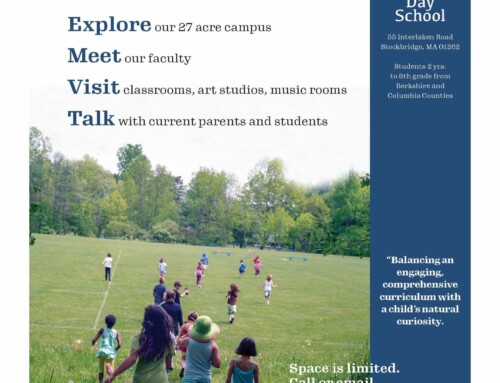At our Faculty Meeting on November 8, 2017, Berkshire Country Day School’s Kindergarten through Grade 6 teachers participated in a workshop, here on campus, related to the topic called Academic Conversations
explored in the book of the same name by authors Jeff Zwiers and Marie Crawford.
Academic Conversations, a relatively new term in the education field, are purposeful and sustained conversations related to classroom content. Unlike typical classroom discourse, the skills for Academic Conversations are intentionally taught and modeled for students as they learn more about the process. The aim of Academic Conversations in practice is to help students learn from one another through active discourse and to intentionally work to build new understanding through the power of intentional discussion.
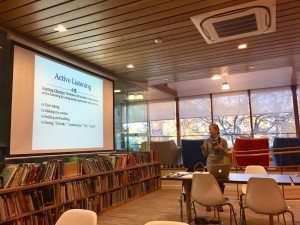 Led by local Literacy Consultant Kristin Burke, the workshop presented at BCD outlined the skills students need to be explicitly taught to best succeed in high-level Academic Conversations:
Led by local Literacy Consultant Kristin Burke, the workshop presented at BCD outlined the skills students need to be explicitly taught to best succeed in high-level Academic Conversations:
- To elaborate and clarify
- To support their ideas with examples
- To build on and/or challenge a partner’s ideas
- To paraphrase
- To synthesize conversation points
Developing these key communication skills aligns strongly with the proficiencies needed for high-level academic reading and writing. Cumulatively, these are the skill sets that help students communicate in a variety of settings, including whole-class discussions and in small groups.
In the workshop, we practiced specific listening and speaking skills to help hit home the importance of varied specific skills. The team also participated in challenge activities that modeled for us the concept of explaining one’s thinking and there being more than one “right answer” in many instances.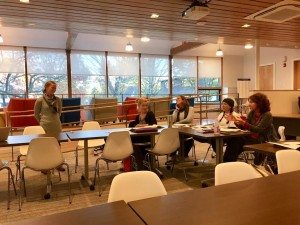
Most impressive and illustrative to our group were the videos of real children in real classrooms having real conversations using the tools inherent to Academic Conversations. These videos, captured in Kristin’s former school in Framingham, MA, were truly inspirational and highlighted the fact that, if we believe that with the right tools and with explicit instruction on how to use the tools, kids can succeed, they will prove us right.
As a team, we had fun engaging in the activities. We thought and wondered aloud together. We shared practices and ideas. Additionally, we were excited by some new ideas to try with our own students back in class.
The very next morning after the workshop, I walked into Andrea Patel’s kindergarten class. She was in circle time with her class and she was explaining to them that they were going to have a discussion but that she, the teacher, was not going to run it; the students themselves would be in charge of listening to one another, not interrupting and learning to take cues from the group about when it the next person’s turn. Later, Gill Romano came to tell me was so excited by one the challenge activities, an activity that got kids discussing their ideas and their reasons for their positions that she was thinking of presenting a similar challenge every day to her third graders.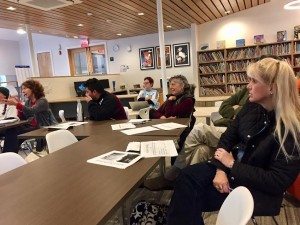
It continues to be a pleasure and an honor to work with the teaching team here at BCD. In the workshop, they demonstrated their curiosity, expertise, and passion for education as well as their open-mindedness to learn and try new ideas. We all agreed to try some of the approaches related to Academic Conversations over the next couple of months and we look forward to return visit from Kristin Burke in late January 2018.
